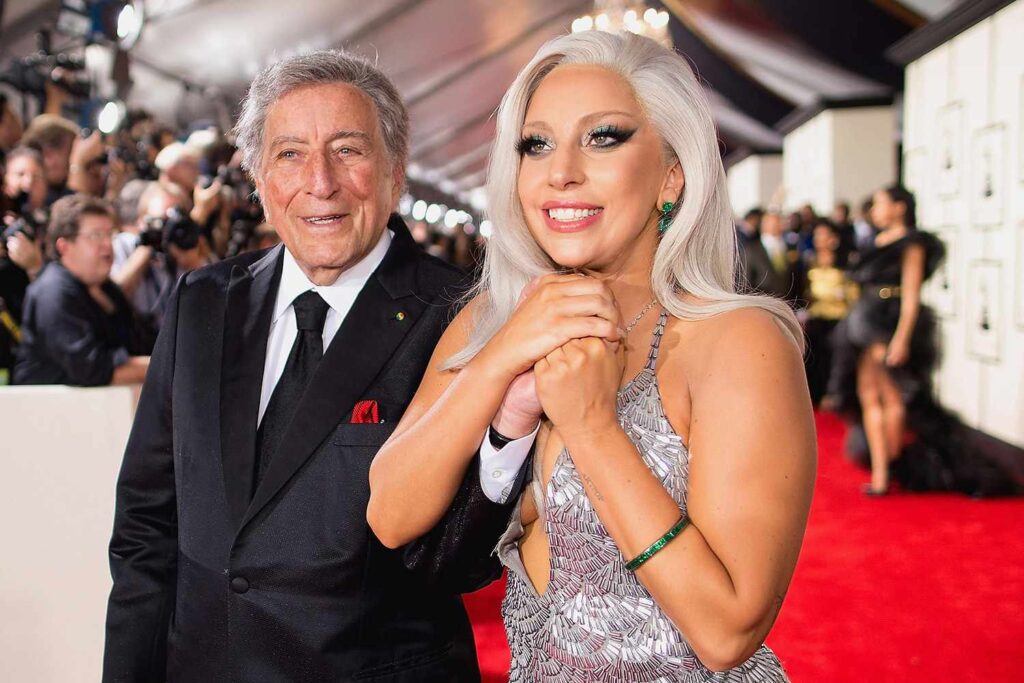
Is Bradley Cooper trying to recreate ‘A Star is Born’ with Lady Gaga? Inside the plot of ‘Maestro’
In the dazzling spotlight of Hollywood, where every move is scrutinized, how does one navigate the tightrope of artistic representation and cultural sensitivity? This is the question that Bradley Cooper’s latest venture, Maestro, brings to the fore.

But, let’s rewind a bit. Remember A Star is Born? Cooper’s directorial debut not only won hearts but also set the stage for his next big project – a biopic on the legendary conductor and composer, Leonard Bernstein.
Maestro delves deep into Bernstein’s life, exploring his relationship with his wife, Felicia Montealegre, portrayed by Carey Mulligan, and his struggles with his sexual identity. It’s a narrative that dances between the public persona of a musical genius and the private life of a man grappling with his true self. But amidst this captivating story, a controversy has struck a chord that can’t be ignored.

The Nose Knows
Yes, the prosthetic nose. Cooper’s decision to don a larger-than-life nose to resemble Bernstein has stirred up quite the storm. Is it just an artistic choice or does it tread into the murky waters of cultural insensitivity? Bernstein, after all, was Jewish, and the portrayal of Jews with exaggerated features has a dark history of anti-Semitic stereotypes. While Bernstein’s family has defended Cooper, the debate rages on.
Beyond the nose, Maestro is a symphony of emotions, capturing the essence of Bernstein’s life and the sacrifices made in the pursuit of art. Cooper’s performance, along with Mulligan’s, brings to life the complex dynamics of Bernstein’s marriage, overshadowed by his sexual orientation. It’s a story that’s as much about the man as it is about the music he created.

Navigating the Tightrope
This controversy raises bigger questions about representation in art. Is it enough to capture the spirit of a character, or does physical resemblance matter more? Can an actor step into the shoes of a character from a different cultural or sexual background without crossing the line? Maestro might not have all the answers, but it certainly has sparked a conversation that’s worth having.
In the end, Maestro is more than just a movie; it’s a reflection of our times, a mirror showing us the complexities of representation and the responsibilities that come with it. As the lights dim in the theater and the credits roll, one can’t help but wonder: Where do we draw the line between artistic freedom and cultural respect?



